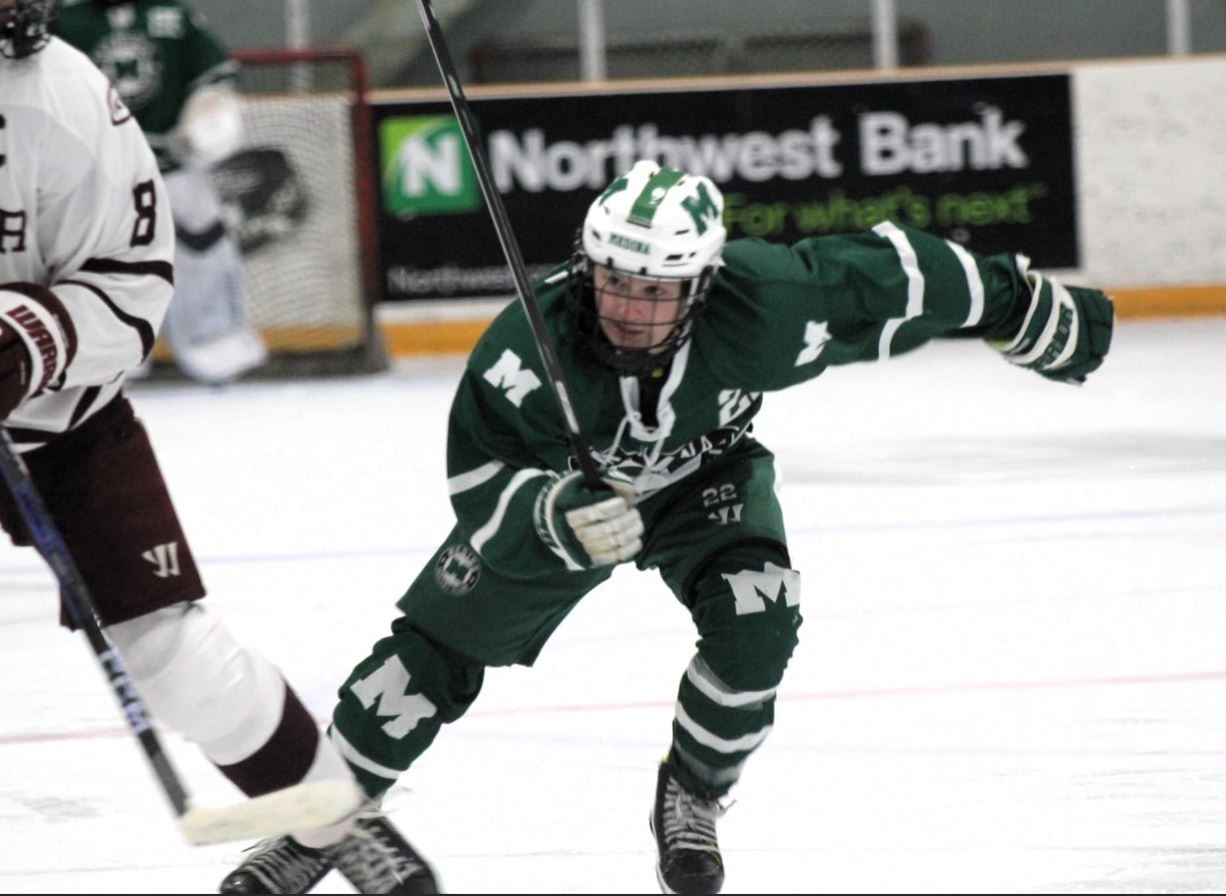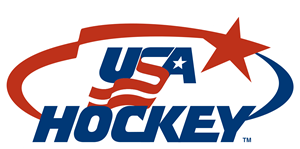U16 U18 Player Development Structure
Medina Hockey (U18) Player Development Structure
Learn to Compete (Ages 16-18)
The objective of this stage is to prepare athletes for the competitive environment, continue to refine technical skills, ancillary skills and develop the physical attributes.
Key focus for this stage:
- Refine technical skills
- Gain confidence in a variety of competitive situations
- Good decision-making skills
- Understand and implement the concept of purposeful practice
- Make appropriate and measurable improvements in endurance, speed and strength
Age-Appropriate Training
Players at this level should learn to compete, learn to train at a higher level, execute skills in traffic at higher speeds and show an ability to understand and execute many concepts and tactics related to the game.
Skill Development
Players at the highest level of hockey continue investing countless hours honing the skills required to be effective at that level. High school age players too must continue honing the skating, stickhandling, passing, and shooting skills needed to be an effective player. The ability to execute these skills at higher rates of speed, in smaller areas, and under game conditions is important for the continued development of each player.
Optimal Windows of Trainability
Researchers have concluded that players in this age classification should spend time developing the following capabilities related to their long term athlete development (LTAD):
- Speed – emphasis should continue on increasing speed by improving the stride length and stride frequency through drills requiring high velocity for shorter intervals of time.
- Stamina – this is an ideal stage to improve the endurance of each athlete (the ability to sustain prolonged physical or mental effort).
- Strength – following puberty, it’s the ideal time to improve the physical strength of an athlete.
Nutrition
Players should learn:
- Proper Hydration – Players should understand the importance of proper hydration before, during, and after all games and practices as well as maintain proper hydration levels.
- Good Eating Habits – Players should eat good meals, refrain from eating candy and other foods that lack nutritional value and take responsibility for making nutrition decisions.
- Recovery Drink – Players should understand best post-workout recovery practices and optimal recovery windows after training.
- Eating and Energy – Players should know the importance of eating healthy foods, including implementing the USA Hockey 3 Step Nutrition Poster and building their diets based on it.
Physical Development
Optimize endurance, strength and speed training.
- The athlete must have sufficient levels of fitness to withstand the demands of training and competition without sustaining injuries or burnout.
- Develop individualized programs for fitness and recovery.
- Ensure progressive overload in training.
Fitness and Training
Players should continue performing exercises learned at previous age levels, but should also focus on the following:
- Speed workouts
- Strength workouts
- Range-of-motion exercises
- Aerobic and anaerobic exercises
- Off-ice skill development
- Slide board, skating stride, explosive starts
- Stickhandling with various types of balls and pucks
- Shooting on target
Technical Development
- Refinement of skills at a high speed.
- Execution of skills must be detailed and performed in tactical situations.
Tactical Skills
- Speed of transition from offense to defense and defense to offense.
- Speed of decision making skills.
Ancillary Skills
- Ensure that key support systems (fitness monitoring, recovery and regeneration, psychology, nutrition and health needs) are in place and integrated with the training program.
- Regular, year-round aerobic and strength training.
- Athletes should refine and individualize their own ancillary capacities.
Life Style
- Refine the skills listed in the Train to Train stage.
- Athlete assumes increased responsibility for managing his competitive and training schedules, deadlines, registrations, etc.
- Athlete assumes responsibility for his own behavior as a representative of the Medina Hockey Club and USA Hockey.
Psychological Development
- The athlete should have well-developed mental preparation skills and should continue to refine these skills.
- Competition becomes more important and athletes must learn to perform on demand.
- Training and practice in mental preparation will help the athlete cope with the stresses associated with training, tournaments and selection, and will contribute to their overall development as competitive athletes.
- Athletes should have input in setting training goals and priorities, and should be included in the decision making process.
- Athletes are capable of self-coaching and should be encouraged to think for themselves, rather than relying solely on coach feedback.
- Adopt a growth mindset – when someone believes that their basic abilities can be developed, they believe talent is just a starting point.
- A growth mindset creates a love of learning, improving and a sense of resilience that is essential for significant development
- To go from good to great, you believe small daily progress leads to significant improvement over time.
Sports Psychology
Players should learn:
- To develop a pre-game routine
- Relaxation exercises
- To focus on things that can be controlled
- To give maximum effort at all times
- To play with poise and confidence
- To be in control of emotions at all times
- Basic visualization skills
- The benefits of positive self-talk. Positive comments can reduce stress, enhance self-image and increase fun at practices and games.
- To set goals, strive to reach those goals, and periodically evaluate progress towards those goals.
Character Development and Life Skills
Players must learn:
- The importance of honesty and integrity in and away from the arena.
- To accept responsibility for their actions and athletic performance.
- Coping strategies to deal with peer pressure and other adversity.
- To balance family, school, sports, social activities, etc.
- To develop a sense of team commitment.
- About adversity and begin developing strategies to deal with it.


Oops!
You have unsaved elements
Please save or cancel the pending changes to the elements within your page and then try saving again.


